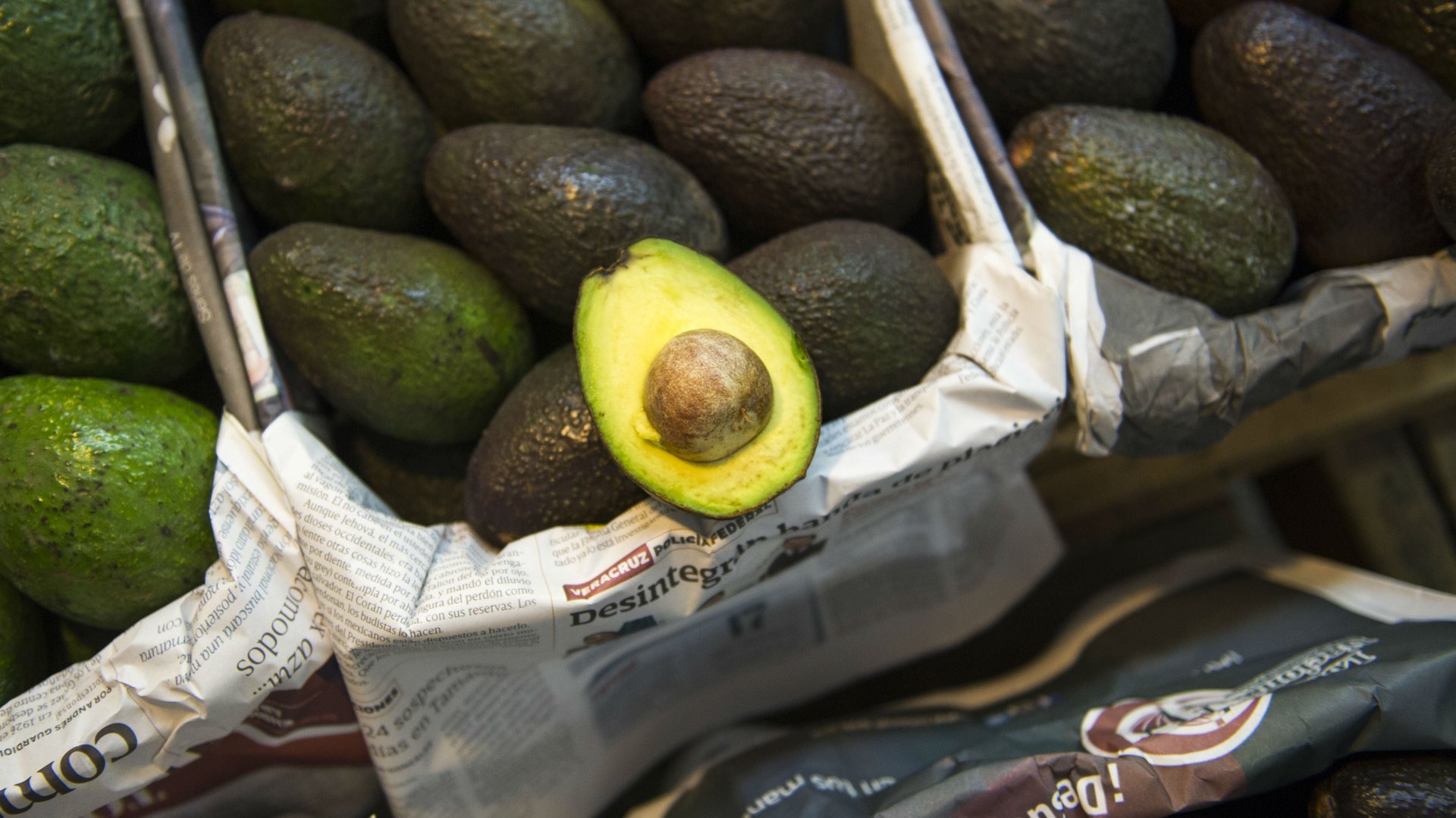For years, we’ve been told fat clogs our arteries. Now, scientists say that’s all wrong.
Fats have a PR problem.


Fats have a PR problem.
In part, it’s because fats are so calorically dense. For every gram of fat, we get nine calories of energy; carbs and proteins both only yield four each for the same amount. If you’re trying to lose weight, fats aren’t your friend. But they also come with potential health risks; fats—especially the ones that come from meat—have long been thought to be the cause of heart disease.
Recently, scientists from the US and UK took a new look at existing data and came to the conclusion that maybe, we’ve actually been wrong about the facts of fats.
First, the bad news: Plant fats—the “good” ones—probably aren’t much better for you than animal fats.
On April 12, a team led by researchers from the US National Institutes of Health, the Mayo Clinic, and the University of North Carolina-Chapel Hill published previously unreported data from the early 1970s. According to STAT, Mayo Clinic researchers tracked down stowed-away punch cards and magnetic tape that contained the results from a study that ran from 1968 to 1973. The study followed the diets of 9,750 men and women aged 20 to 97 living in either mental health hospitals or a nursing home in Minnesota. Patients—who subsisted entirely on food provided by the facilities—were randomly assigned to eat meals with fats from traditional animal sources, like butter or margarine, or meals where these fats had been replaced with things like vegetable or olive oil.
Traditional thinking was that animal fats—which are called saturated fats because of the extra hydrogen atoms they carry, and are solid at room temperature—cause a buildup of low-density lipoprotein (LDL) cholesterol in veins and arteries, leading to a condition called coronary artery disease. Plant-based fat, or unsaturated fat, is liquid at room temperature and is generally considered the “good” fat because it isn’t associated with cholesterol.
The research team thought that patients who ate diets with plant fat would have lower cholesterol—and they did, by about 14% overall. But they actually had higher risks of any kind of death than their animal-fat-eating peers. For every 30 points total cholesterol was lowered, the risk of death increased by 22%. Although these data can’t say that lower cholesterol causes death, they’re still the opposite of what most researchers would expect.
Which leads us to the good news: Fats probably don’t plug up your arteries the way most people think they do.
In an article published in the British Journal of Sports Medicine (an affiliate of BMJ) on April 25, researchers from the UK and California reviewed all the existing studies about cholesterol and heart disease. Based on all the published literature, “the conceptual model of dietary saturated fat clogging a pipe is just plain wrong,” they write.
Cholesterol isn’t totally blameless in the world of heart disease. They do form little bubbles inside arteries “like pimples,” write the researchers, and often cause heart attacks when they burst.
But coronary artery disease is just that—a disease. It’s a result of constant inflammation. In all the studies they could find, lowering fat levels in diets failed to reduce heart attacks, strokes, or other kinds of heart disease. Although cholesterol from fats is bad, it’s been overly vilified.
What does work to prevent heart disease, though, is exercise. Walking 22 minutes a day (about 150 minutes per week) can help reduce heart disease, with a balanced diet that contains a combination of fruits, veggies, and fats from both plants and animals.
These two papers aren’t saying that high-fat diets are good for you, but fats—including the saturated ones—may not be as bad as was once thought. The reality is our perception of fats has probably been skewed by the results that have been reported, both in journals and the media.
The authors of the review don’t specifically say why there’s been a reporting bias around the risk of cholesterol, fats, and heart health. But they do make a point to say there’s “no business model or market” for promoting good diet and exercise.
The global market for statins, the drugs that lower LDL cholesterol, was $20.5 billion in 2011. The demand for statins is declining, especially because the American Heart Association recently put out guidelines (paywall) suggesting doctors prescribe them less. But they’re still expected to bring in $12.5 billion in 2018.